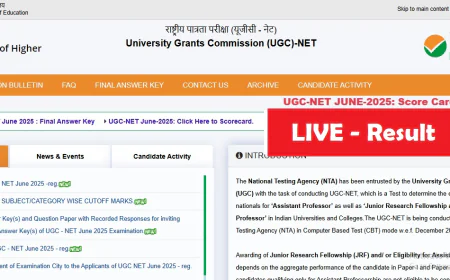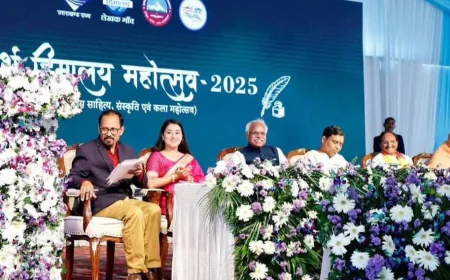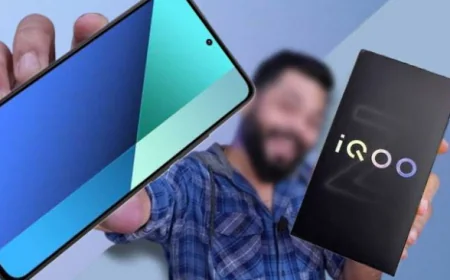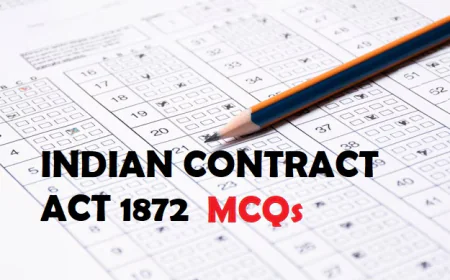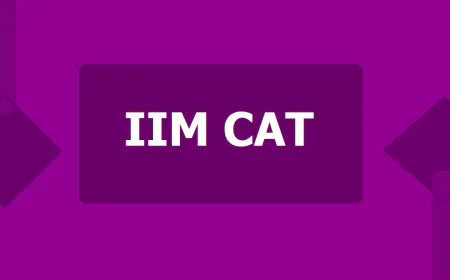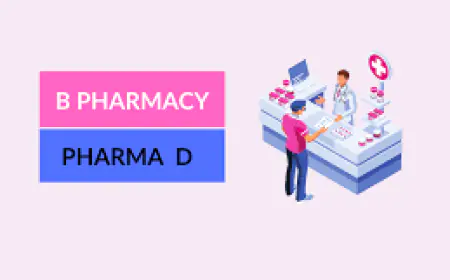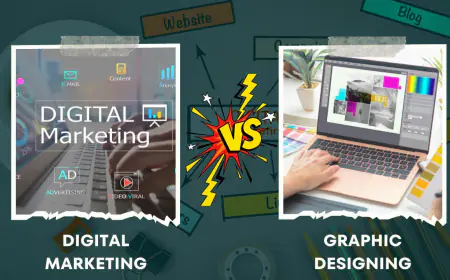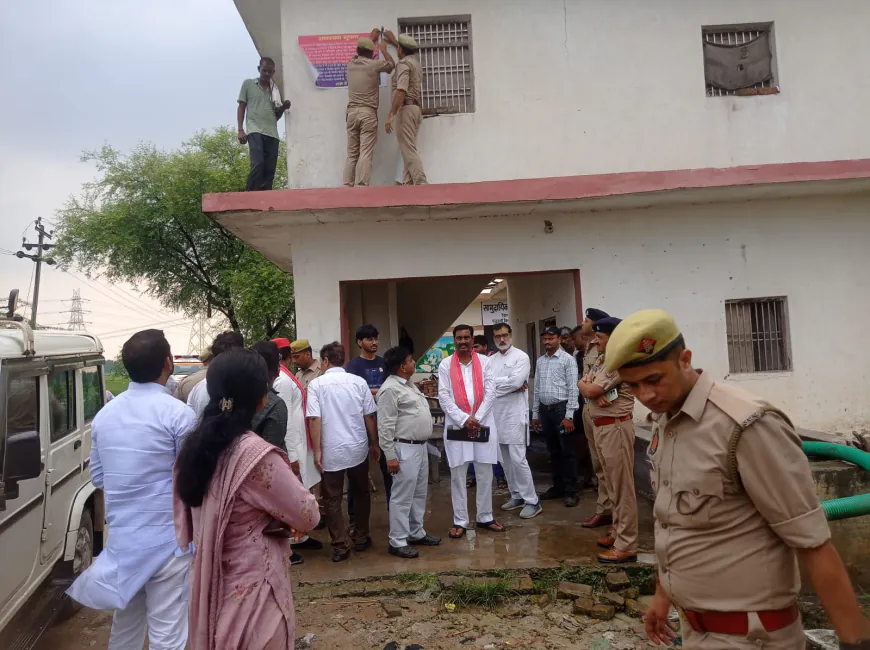ITI vs B.Tech in India: What I choose in 2024? Is it worth it
ITI vs B.Tech in India: What I choose in 2024? Is it worth it

India, known for its diverse education system, offers students a plethora of choices when it comes to vocational and technical education. Two popular streams are Industrial Training Institutes (ITI) and Bachelor of Technology (B.Tech) programs. Both have their own advantages, disadvantages, and suitability for different career paths. In this article, we'll delve into a comprehensive comparison of ITI and B.Tech in India.
Industrial Training Institutes (ITI)
1. Overview:
ITIs are a crucial part of the Indian education system, providing technical education to students after completing their secondary education (Class 10). These institutes aim to equip students with practical skills and hands-on training in various trades. ITIs offer various courses, from electricians and mechanics to plumbing and welding.
2. Duration:
ITI programs are generally shorter in duration compared to B.Tech courses. Depending on the specific trade chosen, they typically range from 6 months to 2 years.
3. Curriculum:
The ITI curriculum focuses primarily on the practical aspects of a trade. Students learn skills that are directly applicable to the industry, making them job-ready at the end of their course. The syllabus is designed to meet the needs of the specific trade.
4. Eligibility:
To enroll in an ITI, candidates must have completed their Class 10 education. However, some specialized ITIs may have higher eligibility requirements.
5. Cost:
ITI courses are generally more affordable than B.Tech programs, making them an attractive option for students who cannot afford the higher expenses associated with engineering degrees.
6. Employment Opportunities:
ITI graduates are often in high demand in various industries, especially in roles that require specialized skills. Many ITI graduates find employment quickly after completing their training, and they can work in both the public and private sectors.
7. Mobility:
One drawback of ITI courses is that they might offer limited career mobility. The skills learned are often specific to a particular trade, and transitioning to a different field may require additional training.
8. Government Recognition:
ITIs are recognized and regulated by the Directorate General of Training (DGT) under the Ministry of Skill Development and Entrepreneurship, Government of India. The certifications received from ITIs are considered valid and widely accepted.
Bachelor of Technology (B.Tech)
1. Overview:
B.Tech programs are undergraduate engineering courses that provide students with a broad and comprehensive education in various engineering disciplines. These programs are typically offered by universities and engineering colleges across India.
2. Duration:
B.Tech programs are more extensive, typically lasting four years, although some specialized programs may be shorter.
3. Curriculum:
B.Tech programs offer a well-rounded education, combining theoretical knowledge with practical skills. Students are exposed to a wide range of engineering subjects and often have the opportunity to specialize in a particular field.
4. Eligibility:
To enrol in a B.Tech program, students must have completed their Class 12 education with a science background. Admission is usually based on entrance exams like JEE Main, JEE Advanced, or state-level engineering entrance exams.
5. Cost:
B.Tech programs can be significantly more expensive than ITI courses. The cost includes tuition fees, books, accommodation, and various other expenses.
6. Employment Opportunities:
B.Tech graduates have a broad range of career opportunities available to them. They can work in fields such as software development, civil engineering, electronics, mechanical engineering, and more. Additionally, B.Tech graduates are eligible for many government and private-sector jobs, making them versatile in the job market.
7. Mobility:
B.Tech graduates have more career mobility and flexibility. They can explore different domains and industries, switch roles, or even pursue higher education, such as an M.Tech or an MBA.
8. Government Recognition:
B.Tech programs are offered by recognized universities and institutions across India. These programs are accredited by bodies like the All India Council for Technical Education (AICTE) and the University Grants Commission (UGC).
Choosing Between ITI and B.Tech
The choice between ITI and B.Tech depends on several factors, including a student's interests, career goals, financial situation, and educational background. Here are some considerations to help make an informed decision:
1. Career Goals:
- If you have a specific trade in mind and are eager to start working in that field as soon as possible, an ITI program may be the right choice.
- If you aspire to become a qualified engineer and want to explore a wide range of career options, B.Tech is the better option.
2. Educational Background:
- If you have completed your Class 10 education and are looking for an affordable and skill-focused program, ITI is a suitable choice.
- If you have completed your Class 12 education with a science background and are willing to invest in a more extensive and academically rigorous program, B.Tech is a better fit.
3. Financial Considerations:
- If you are budget-conscious and want to minimize education expenses, ITI programs are more cost-effective.
- If you have the financial means and are willing to invest in a more comprehensive education, B.Tech programs are the way to go.
4. Career Mobility:
- If you want the flexibility to explore different fields and industries throughout your career, B.Tech provides more opportunities.
- If you are confident in your chosen trade and have no plans to switch industries, ITI can provide the specific skills you need.
5. Entrance Exams:
- If you have the required academic background and are prepared to take entrance exams, you can pursue a B.Tech program.
- ITI programs typically do not have stringent entrance exams and are more accessible in this regard.
Conclusion: ITI vs Btech which is better for You
The choice between ITI and B.Tech in India is not one-size-fits-all. Both options have their merits and are suitable for different career paths and goals. ITI programs are designed to provide specialized skills and quick employment opportunities, while B. Tech programs offer a broader education with more career mobility.
Ultimately, the decision should be based on your personal interests, educational background, and career aspirations. It's essential to research both options thoroughly, consult with educators and career counsellors, and make an informed decision that aligns with your long-term goals. Whichever path you choose, dedication and hard work will be essential to your success in the competitive Indian job market.









